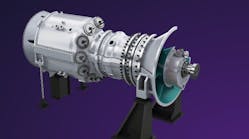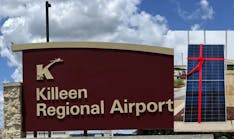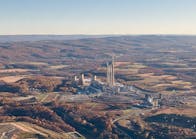Energy firms planning six Carbon Capture projects in capital of Canadian Oil Sands region
Several energy and environmental companies are joining forces to deal with emissions from Alberta’s huge fossil energy operations.
Companies, including Bison Low Carbon Ventures Inc., Shell Canada Limited, Enbridge Inc. and Wolf Midstream, have proposed six carbon capture projects in Edmonton, Alberta to reduce the CO2 emissions.
Edmonton is the capital of Alberta, a province which is home to the world’s largest oil sands reserves. The mixture of sand, water and bitumen totals close to 165 billion barrels of proven oil reserves, according to reports.
The government and the companies will evaluate the proposed projects and the suitability of the locations and formulate an agreement for the right to inject captured CO2 in the location. The agreement will ensure open access to all emitters and the affordable use of the hub. The Alberta Energy Regulator will only approve projects meeting its rigorous safety and environmental standards.
The six projects are:
· A sequestration hub located east of Edmonton by Wolf Midstream and partners
· Another sequestration hub east of Edmonton by Atlas Carbon Sequestration Hub, Shell Canada Limited, ATCO Energy Solutions Ltd. and Suncor Energy Inc.
· A hub to the north and northeast of Edmonton by Alberta Carbon Grid™, Pembina Pipeline Corporation and TC Energy
· Another hub the north of Edmonton by Meadowbrook Hub Project and Bison Low Carbon Ventures Inc.
· A hub to the south of Edmonton by The Origins Project and Enhance Energy Inc.
· A sequestration hub to the west of Edmonton by The Open Access Wabamun Carbon Hub and Enbridge Inc.
Alberta has the geology needed for carbon capture, sequestration and storage, planners say. The rock formations here have stored oil and gas securely for millions of years and have the potential to store CO2 safely too. The geological trapping mechanisms will prevent CO2 from affecting the soil, plants or water.
The projects will help Alberta diversity its energy sectors and reduce CO2 emissions in industries, including hydrogen development, concrete and fertilisers.
A second request for proposals for full carbon storage service projects, serving the rest of the province, will be accepted from April 25 to May 2.





